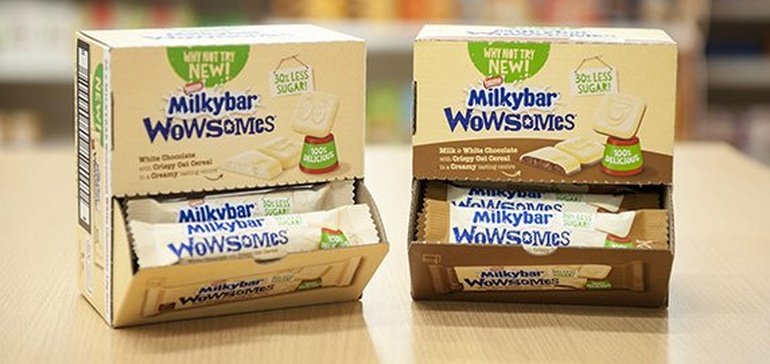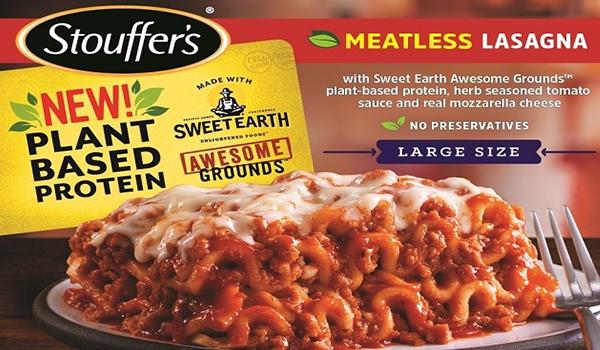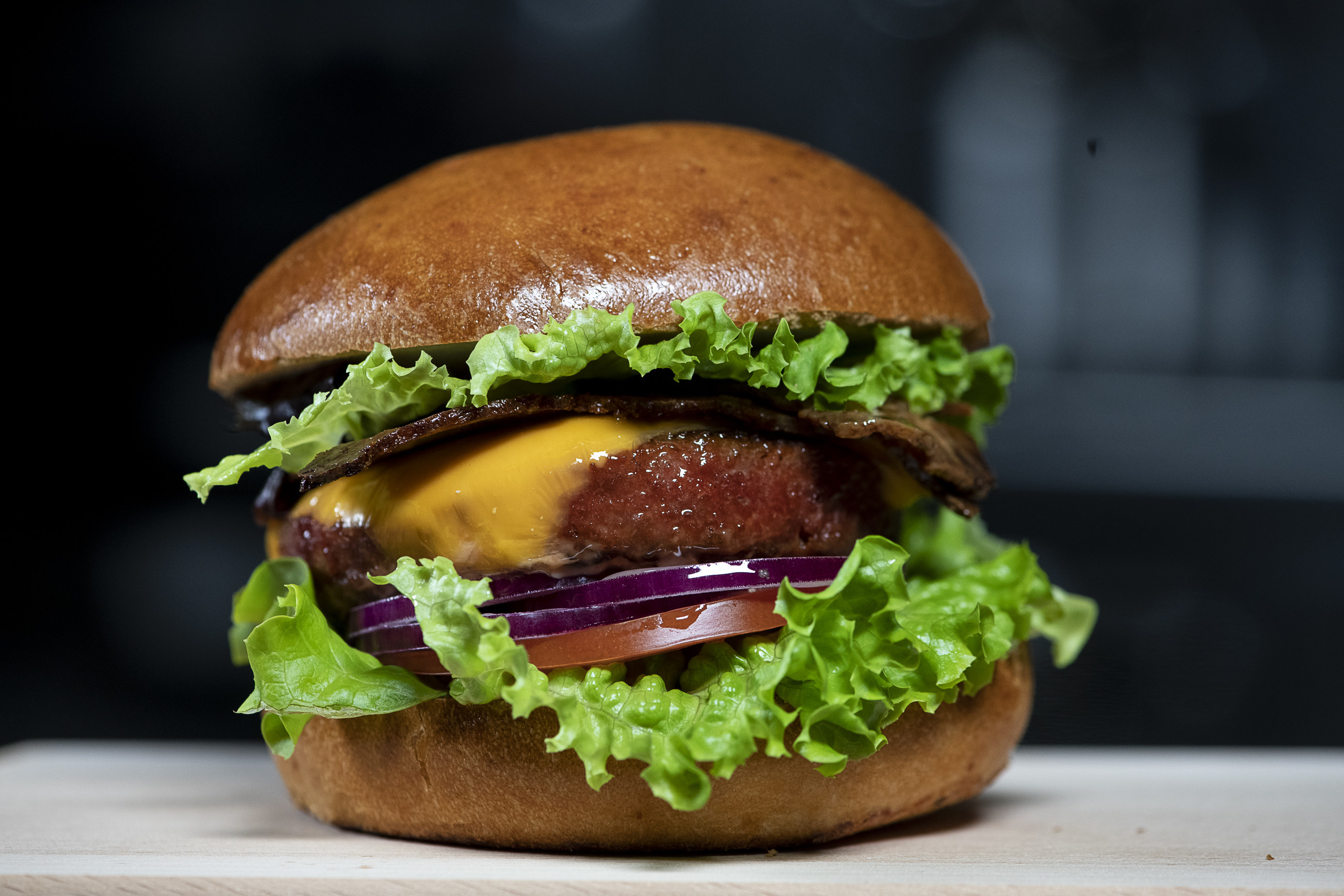The food and beverage industry is shaping up to be one of the most inclusive destinations for blockchain, a technology that continues to push for mass adoption. Last year, a variety of players — including food industry giants like Carrefour and Starbucks — have reported positively on their blockchain-powered initiatives within the field.
In 2019, blockchain pierced the food industry at an accelerated pace. According to findings from research company Gartner, 20 percent of the top ten global grocers will use blockchain by 2025. Now Nestlé, the world’s largest food producer, has announced that it will be expanding its use of blockchain through its membership with the IBM Food Trust Blockchain Initiative, to the company’s luxury coffee brand Zoégas.
Related: Nestlé Announces Partnership with Two Canadian Plant-Based Protein Companies
Nestlé recently launched a select edition of the Zoégas whole beans, roast and ground coffee in Sweden. The ‘Summer 2020’ range is a 100 percent Rainforest Alliance certified blend of arabica coffee beans from Brazil, Rwanda and Colombia.
With the blockchain-recorded data, consumers will be able to trace the origin of their coffee. Customers will just have to scan the QR code on the packaging and they can follow how their coffee travels from its growing locations to the Zoégas factory in Helsinborg, Sweden where the beans are roasted, ground and packed. Customers can also learn information about the farmers, time of harvest, transaction certificate and roasting period.
In 2017, Nestlé started using blockchain when it founded and joined the IBM Food Trust. Since then, the company has implemented blockchain with several partners to ensure transparency in the food supply chain. But what is the ultimate advantage of the technology for other food industry players?
There is at least one essential problem in the food industry that blockchain has been presumed to solve: the trust issue. According to a 2018 study released by the US-based Food Marketing Institute (FMI), the public demand for transparency is growing within the market. With customers becoming more health-conscious, there is a growing desire to know as much as possible about the food they are eating.
As for Nestlé, the company said it continues to leverage technologies to create better visibility of the whole value chain of its products and lead in making the supply chain more transparent.










Join or login to leave a comment
JOIN LOGIN